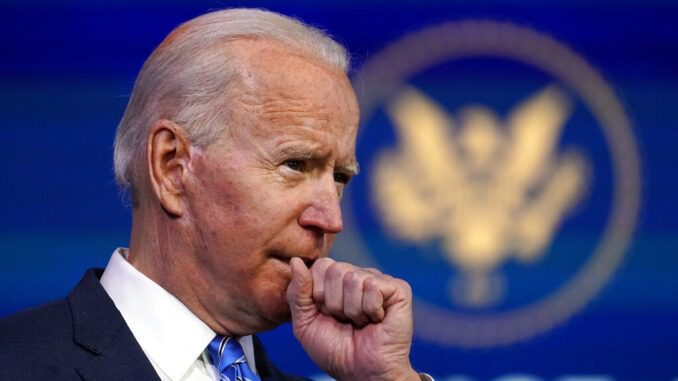
Mr. President-elect, please be brief. As you craft your inaugural address, please consider making it one of the tightest in America’s verbose history.
This is not personal, Mr. President-elect. You are an engaging fellow, and you no doubt employ many talented writers eager to unleash soaring prose. It’s just that a tight inaugural address would, in and of itself, send the important message that your presidency will emphasize action and results over talk — that you are determined to help turn Bloviation Nation into a can-do country.
In 2007, Barack Obama called out a sad pattern when he kicked off his first campaign for the presidency, observing, “Too many times, after the election is over, and the confetti is swept away, all those promises fade from memory, and the lobbyists and the special interests move in, and people turn away, disappointed as before, left to struggle on their own.”
Three presidential cycles later, the difference is that disappointment is in some quarters turning to bitter, let’s-smash-some-glass rage. Working Americans face declining wages. Years into the digital revolution that this country largely created, many here don’t have reliable access to the internet. A sometimes chaotic response to the COVID-19 pandemic has led to needless deaths and staggering economic losses.
Tuning into America’s political culture for the last couple of decades, you might expect all this could be solved with a heaping helping of fine phrases and slashing zingers. Many politicians, pundits and social media mavens seem to think so. We’ve gone from a country that gets things done to one that talks (and tweets!) past each other about getting things done.
A tight inaugural would send a message that your focus is on the behind-the-scenes labor that makes the wheels turn again. You’d also be demonstrating your discipline and work ethic; crafting a short, meaningful speech is a tougher challenge than a long one. Be eloquent, certainly, and inspirational; just do it with the kind of confident compactness that suggests the best is yet to come.
After that, please, feel free to interrupt our primetime TV habits with addresses laying out practical bipartisan plans for, say, upgrading our national infrastructure and dealing in an economically advantageous way with our world’s changing climate. Those are the words we’re waiting for — not promises, but action.
America may never again see a political speech as stunningly precise and epically moving as Abraham Lincoln’s two-minute-plus-change, 10-sentence, 272-word Gettysburg Address. But let’s not lose sight of the power of precision, or, on the flip side, how too much talk (and not enough action) can drain rhetoric of its potency.
The five inaugural addresses since 2000 have averaged 1,922 words or about 19 minutes. That’s a whisker beyond FDR’s 1,883 word, 18-minute “fear itself” speech when he took over amid the pain and despair of the Great Depression.
Years earlier, despair may have been the mood as Americans struggled through the inaugurals of FDR’s predecessors — Herbert Hoover at 3,801 (probably a half hour) and Calvin Coolidge at 4,054 (to put it scientifically: an eternity).
America’s longest inaugural speech is reputed to have really slayed — but not in a good way. William Henry Harrison slogged through 8,445 words for nearly two hours on a cold and blustery day in 1841.
Showing even more bad judgement, he failed to wear a hat or overcoat. A few weeks later, he died of pneumonia.
By contrast, Lyndon Johnson, one of the presidency’s most effective dealmakers, was notably terse at 1,492 words (11:25) in 1965. And in 2001, George W. Bush, following a contested election, knew better than to overplay his hand, coming in at 1,571 (14:38).
Of course, “words matter” and persuasion is an essential political tool. Yes, Mr. President-elect, seize the moment to set the stage for the next four years. But please also use your inaugural to signal an era of less grandstanding and less browbeating. Don’t just tell us, show us that your emphasis is on delivering.
Billy Warden is a writer, producer and co-founder of the strategic communications firm, GBW Strategies.


